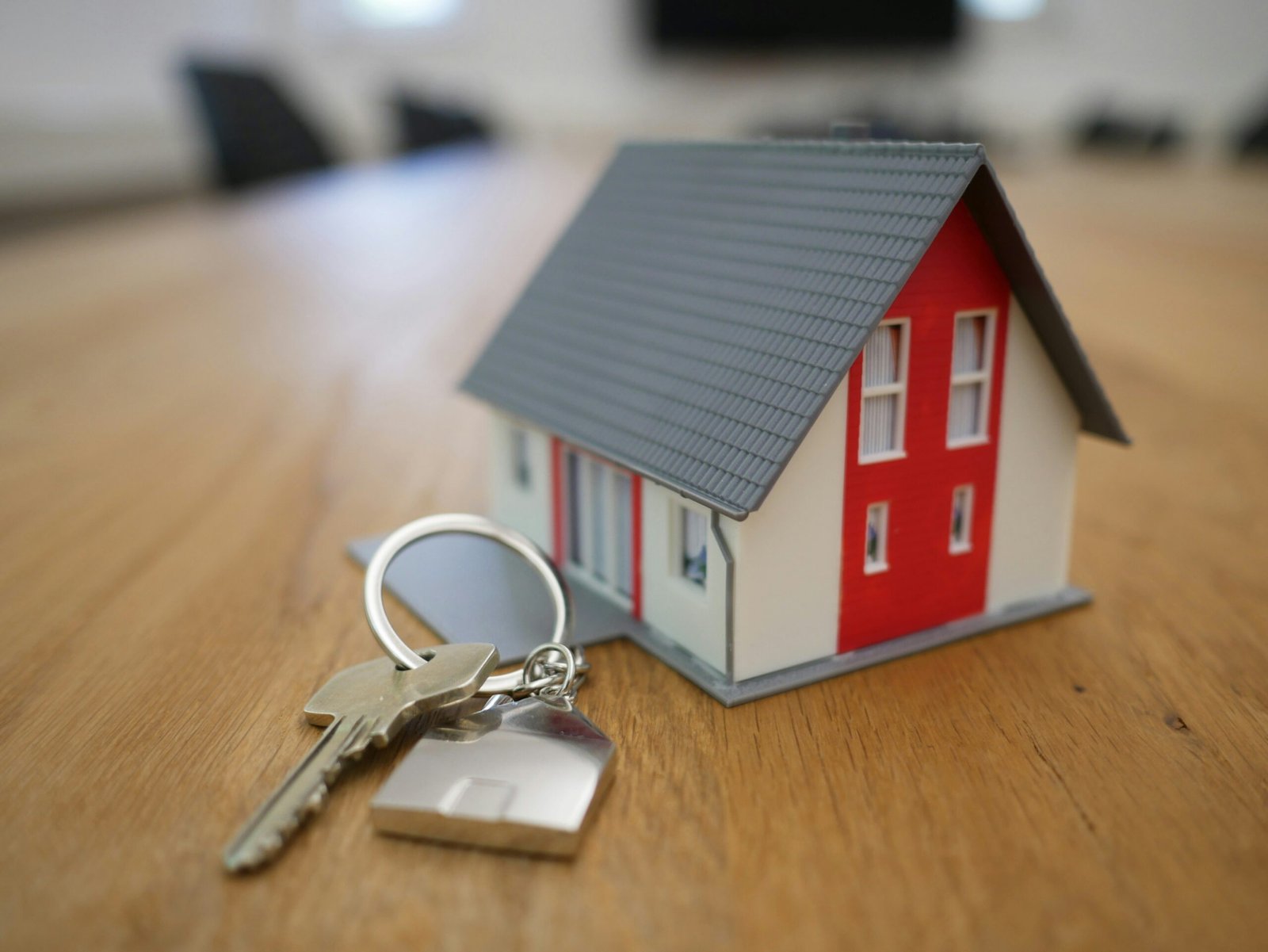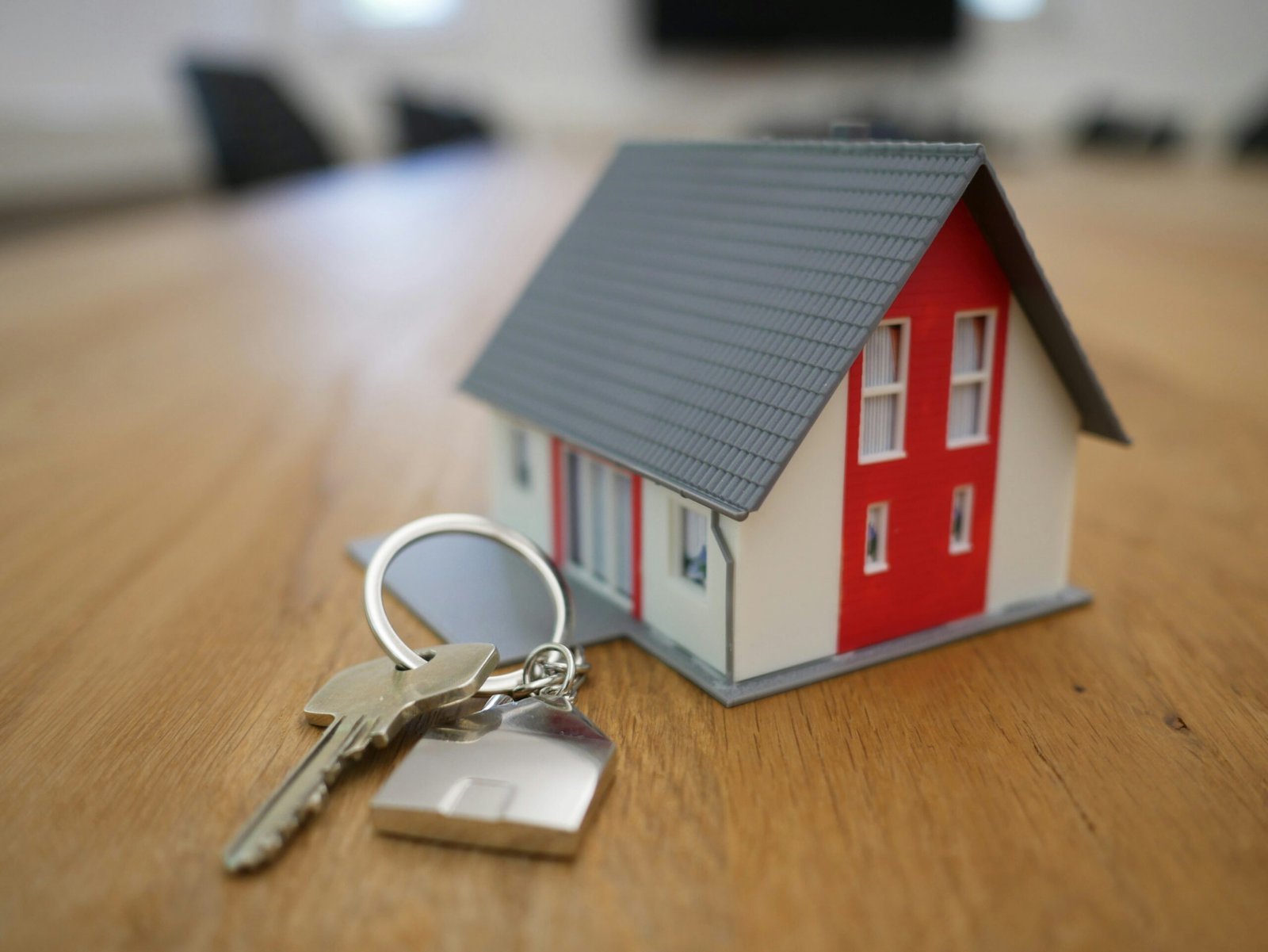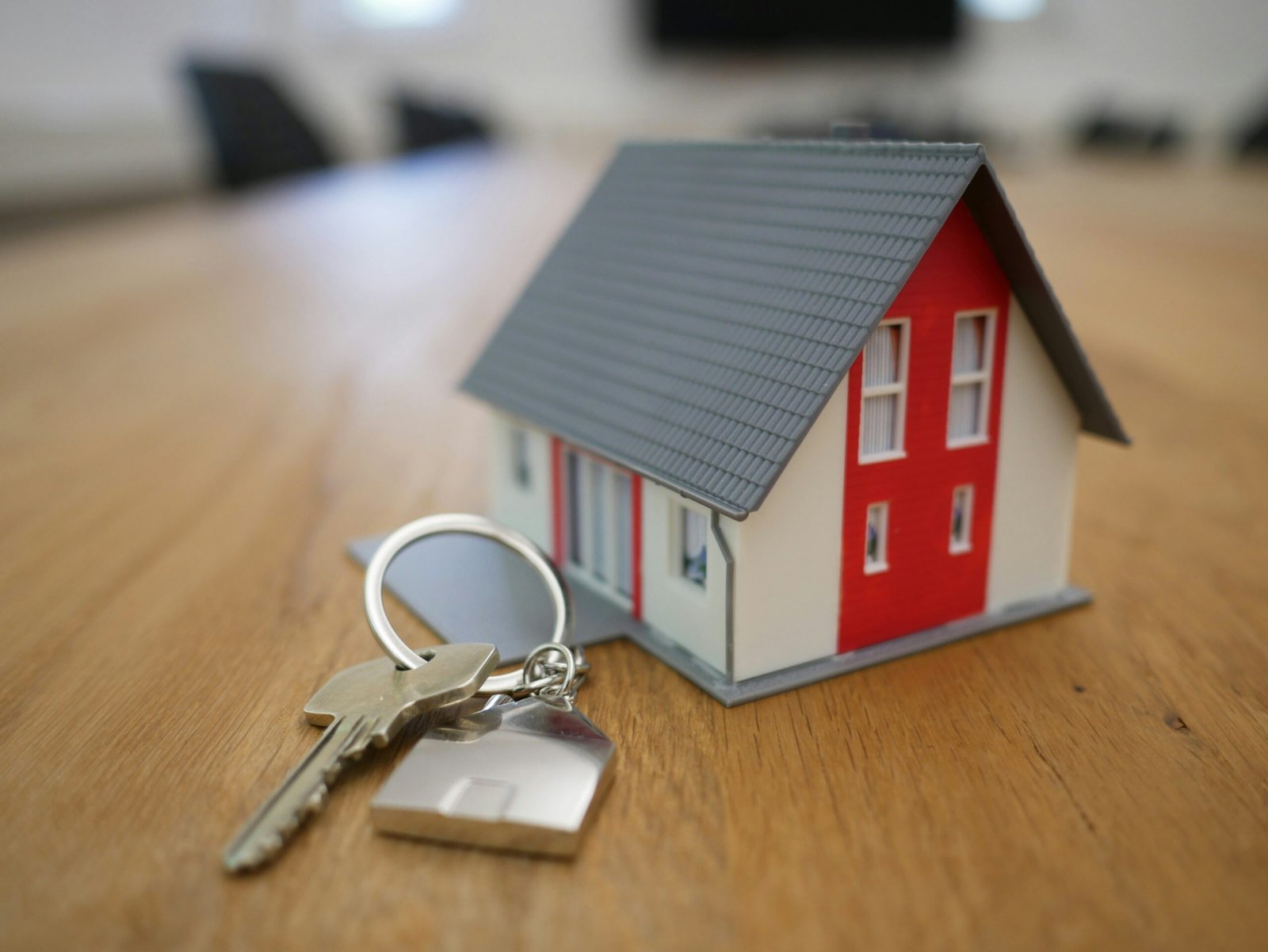
Factors to Consider When Choosing a Rental Property
Choosing a rental property is an important decision that can have a significant impact on your quality of life and financial well-being. Whether you are looking for a place to call home or an investment opportunity, there are several key factors to consider before making a decision. By carefully evaluating these factors, you can ensure that you choose a rental property that meets your needs and aligns with your goals. In this article, we will explore the essential factors to consider when choosing a rental property.
One of the first factors to consider is the location of the rental property. The location plays a crucial role in determining the convenience and accessibility of the property. If you are looking for a place to call home, you want to ensure that the property is located in a safe and desirable neighborhood. Consider factors such as proximity to schools, shopping centers, healthcare facilities, and public transportation. Additionally, think about the overall atmosphere of the area and whether it aligns with your lifestyle and preferences.
The size and layout of the rental property are also important considerations. Think about how many bedrooms and bathrooms you need, as well as the overall square footage. If you have a family or plan to have roommates, you will want to ensure that there is enough space for everyone. Consider whether the layout is functional and practical for your needs. For example, if you work from home, you may need a dedicated office space.
Another crucial factor to consider is the condition of the rental property. Take a close look at the overall maintenance and cleanliness of the property. Look for signs of damage or neglect, such as leaky faucets, cracked walls, or pests. It is also important to consider the age of the property and whether any renovations or upgrades have been made recently. A well-maintained property will not only provide a better living experience but can also help to avoid potential issues and costly repairs down the line.
When choosing a rental property, it is also essential to consider the rental terms and conditions. Review the lease agreement carefully and ensure that you understand all the terms and obligations. Consider factors such as the duration of the lease, rental price, security deposit, and any additional fees or charges. It is also important to clarify any restrictions or rules imposed by the landlord or property management company, such as pet policies or noise regulations.
Finally, consider the amenities and services offered by the rental property. Think about the features that are important to you, such as parking, laundry facilities, or a fitness center. Additionally, consider whether the property provides any additional services, such as maintenance or security. These amenities can enhance your living experience and add value to the rental property.
In conclusion, choosing a rental property requires careful consideration of several key factors. By evaluating the location, size and layout, condition, rental terms, and amenities, you can make an informed decision that aligns with your needs and goals. Take the time to research and visit multiple properties, ask questions, and seek professional advice if needed. Remember, choosing the right rental property is an investment in your future, so it is worth taking the time to make the right choice.
Location
The location of a rental property is one of the most critical factors to consider. The neighborhood and proximity to amenities can greatly affect your daily life and convenience. Consider the following factors when evaluating the location:
- Proximity to Work or School: Choose a location that is conveniently located near your workplace or school to minimize commute time and expenses. Being close to your place of work or education institution can significantly reduce the stress and time spent on commuting, allowing you to have more time for yourself and your loved ones. Additionally, it can also save you money on transportation costs.
- Neighborhood Safety: Research the crime rates and safety of the neighborhood to ensure that you and your belongings will be secure. Safety is of utmost importance when it comes to choosing a place to live. You want to feel safe and comfortable in your surroundings, knowing that your home is in a secure neighborhood. Look for areas with low crime rates and a strong sense of community, as these factors contribute to a safe living environment.
- Amenities: Check for nearby amenities such as grocery stores, parks, restaurants, and public transportation. Living close to these amenities can enhance your quality of life and save you time and money. Having essential amenities within close proximity means that you can easily access the things you need on a daily basis. Whether it’s grabbing groceries, enjoying a leisurely walk in the park, or dining out at a local restaurant, having these conveniences nearby can make your life more enjoyable and convenient.
- School District: If you have children or plan to have them in the future, consider the quality of the local school district. The education your children receive is crucial to their future success. Researching the school district in the area you are considering can help ensure that your children have access to quality education and a supportive learning environment. Look into factors such as school rankings, extracurricular activities, and the overall reputation of the district to make an informed decision.
Price and Affordability
Another crucial factor to consider when choosing a rental property is the price and affordability. It is essential to find a property that fits within your budget and allows you to maintain a comfortable lifestyle. Consider the following aspects related to price and affordability:
- Rental Price: Determine how much you can afford to spend on rent each month. Consider your income, other expenses, and financial goals. It is important to set a realistic budget that takes into account your current financial situation and future aspirations. This will help you avoid any financial strain and ensure that you can comfortably afford the rental property.
- Additional Costs: In addition to the monthly rent, consider other costs such as utilities, parking fees, and maintenance expenses. These additional costs can significantly impact your overall affordability. It is important to factor in these expenses when calculating your budget to ensure that you can comfortably cover all the necessary expenses associated with the rental property.
- Security Deposit: Find out the amount of the security deposit required and whether it is refundable. Security deposits are typically collected by landlords to cover any potential damages to the property. It is important to understand the terms and conditions associated with the security deposit, including the refund process, to avoid any unexpected financial burdens at the end of your tenancy.
- Future Rent Increases: Inquire about the possibility of rent increases in the future to ensure that you can afford the property in the long term. Rental prices can fluctuate over time, and landlords may increase the rent periodically. It is important to have a clear understanding of the landlord’s policy regarding rent increases and factor in these potential changes when evaluating the affordability of the property.
By carefully considering the price and affordability of a rental property, you can make an informed decision that aligns with your financial goals and ensures a comfortable living situation. Taking the time to assess your budget, account for additional costs, understand the security deposit requirements, and anticipate future rent increases will help you find a rental property that is not only within your means but also provides a stable and affordable housing solution.
Property Condition
The condition of the rental property is another crucial factor to consider. You want to ensure that the property is well-maintained and meets your standards. Consider the following aspects related to property condition:
- Interior and Exterior: Inspect both the interior and exterior of the property for any signs of damage, such as leaks, cracks, or pests. Look for any water stains on the walls or ceilings, as this could indicate a potential plumbing issue. Additionally, check the condition of the windows and doors to ensure they are properly sealed and functioning.
- Appliances and Fixtures: Check the condition and functionality of appliances and fixtures, such as the refrigerator, stove, heating/cooling systems, and plumbing. Make sure that all appliances are in good working order and that there are no leaks or clogs in the plumbing system. It’s also a good idea to test the heating and cooling systems to ensure they are functioning properly.
- Common Areas: If the property has common areas, such as a lobby or laundry room, assess their cleanliness and maintenance. Check if the common areas are well-maintained and if any necessary repairs or cleaning are being done regularly. This will give you an idea of how well the property is managed and how much attention is given to the overall maintenance.
- Repairs and Maintenance: Inquire about the landlord’s responsibility for repairs and maintenance and how quickly they address any issues that arise. Ask if there is a dedicated maintenance team or if repairs are outsourced to contractors. It’s important to know how responsive the landlord is to maintenance requests and how quickly they can resolve any issues that may arise during your tenancy.
By thoroughly assessing the property’s condition, you can ensure that it meets your expectations and avoid any potential issues or surprises down the line. It’s always a good idea to document any existing damage or issues before moving in, so you have a record of the property’s condition and can avoid being held responsible for any pre-existing problems.
Lease Terms
The lease terms are the legal agreement between you and the landlord. It is crucial to carefully review and understand the lease terms before signing the contract. Consider the following aspects related to lease terms:
- Lease Duration: Determine the length of the lease and whether it aligns with your plans. Some properties offer flexibility with month-to-month leases, while others require longer commitments. It’s important to consider your future plans and whether you are comfortable with the duration of the lease. If you are unsure about your long-term plans, opting for a shorter lease or a month-to-month agreement might be more suitable.
- Restrictions: Review any restrictions outlined in the lease, such as pet policies, smoking policies, or limitations on modifications to the property. It’s essential to be aware of these restrictions to ensure they align with your lifestyle and preferences. For example, if you have a pet or plan to get one, make sure the lease allows for pets and understand any additional fees or requirements associated with it.
- Termination Clause: Understand the conditions under which either party can terminate the lease before the agreed-upon duration. This clause is important as it outlines the circumstances in which you or the landlord can end the lease early. It’s essential to know the notice period required and any potential penalties or fees associated with early termination.
- Security Deposit: Clarify the terms of the security deposit, including the amount, refundability, and conditions for deductions. The security deposit is a sum of money paid upfront to the landlord to cover any damages or unpaid rent at the end of the lease term. Make sure you understand the amount of the deposit, how it will be held, and the conditions under which it will be returned to you.
- Rent Payment: Determine the accepted methods of rent payment and any penalties for late payments. It’s important to know how and when rent should be paid to avoid any misunderstandings or conflicts with the landlord. Understand the accepted payment methods, whether it’s through check, bank transfer, or online platforms. Additionally, familiarize yourself with any penalties or late fees that may be imposed if you fail to pay rent on time.
Landlord or Property Management
The landlord or property management plays a significant role in your rental experience. It is important to have a reliable and responsive landlord who can address any concerns or issues that may arise. Consider the following aspects related to the landlord or property management:
- Reputation and Reviews: Research the reputation and reviews of the landlord or property management company to ensure they have a track record of good service. Look for online platforms where previous tenants have shared their experiences. Pay attention to any recurring complaints or red flags that may indicate a problematic landlord or property management.
- Responsiveness: Inquire about the landlord’s or property management’s responsiveness to maintenance requests and other concerns. A good landlord or property management should prioritize the well-being of their tenants and promptly address any issues that may arise. Ask them about their average response time and how they handle emergency situations.
- Communication: Assess the landlord’s or property management’s communication style and availability for any questions or issues you may have. Clear and effective communication is essential for a positive rental experience. Consider how accessible they are, whether they prefer communication through phone calls, emails, or in-person meetings, and how promptly they respond to your inquiries.
- Professionalism: Consider the professionalism and integrity of the landlord or property management in their interactions with tenants. A professional landlord or property management should treat tenants with respect, maintain confidentiality, and adhere to the terms of the lease agreement. Look for signs of professionalism during the initial viewing of the property and any subsequent interactions you have with them.
Having a reliable and responsive landlord or property management can make a significant difference in your overall rental experience. Take the time to thoroughly research and evaluate potential landlords or property management companies to ensure that you choose one that will meet your needs and provide a positive living environment.




